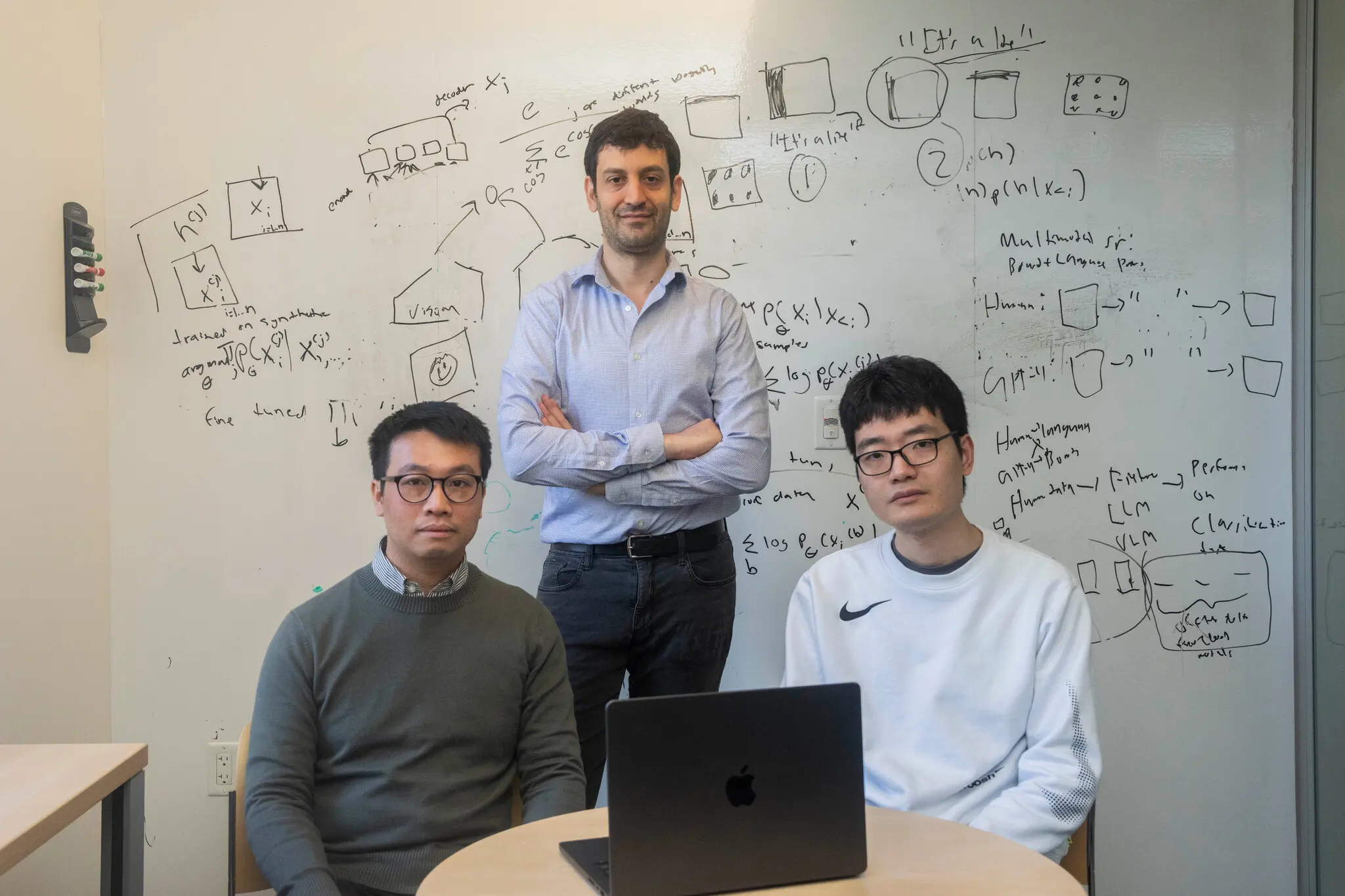Research
 Our lab aims to understand the ingredients of intelligence. We use advances in machine intelligence to better understand human intelligence, and use insights from human intelligence to develop more fruitful kinds of machine intelligence.
Our lab aims to understand the ingredients of intelligence. We use advances in machine intelligence to better understand human intelligence, and use insights from human intelligence to develop more fruitful kinds of machine intelligence.
There have been remarkable recent advances in machine learning and AI. Computers have beaten Jeopardy champions, defeated Go masters, driven autonomous cars, and shattered records for object and speech recognition. Progress has been impressive, yet today’s AI provides nothing like the general purpose intelligence that we have as humans. Human minds solve a diverse array of computational problems that stump the best machines: learning new concepts, learning new tasks, understanding scenes, forming explanations, amongst many others. Machines also struggle to simulate other facets of human intelligence, including creativity, curiosity, self-assessment, and commonsense reasoning.
In our pursuits, we study human cognitive abilities that elude the best AI systems. By studying distinctively human endeavors, there is opportunity to advance both cognitive science and AI. In cognitive science, if people have abilities beyond the reach of algorithms, then we do not fully understand how these abilities work. In AI, these abilities are important open problems with opportunities to reverse-engineer the human solutions.
Our work demands a combination of cognitive modeling, behavioral experiments, and machine learning research. Through this interdisciplinary approach, our work has revealed key cognitive ingredients that people use but are missing in contemporary machine learning. It has also led to new data science and machine learning techniques inspired by the cognitive solutions to difficult computational problems.
See Projects for more information about current research directions.

